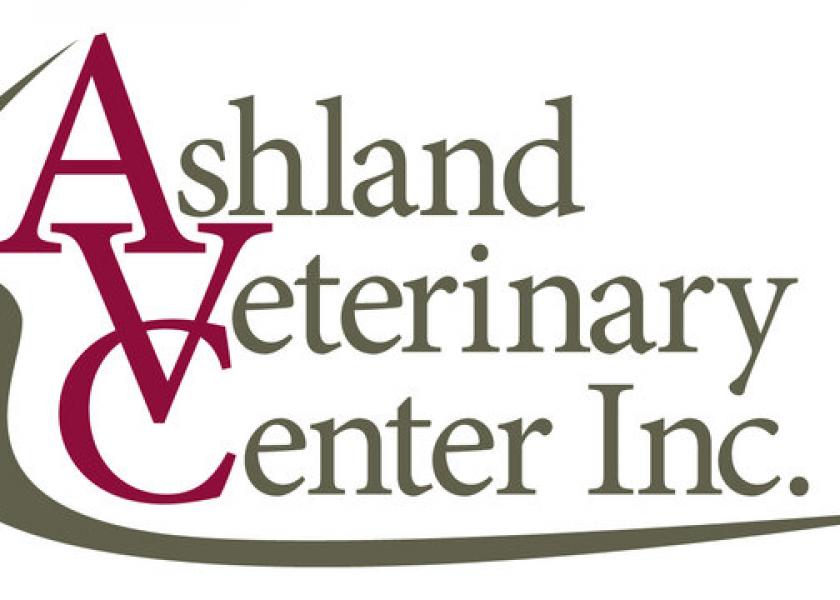Young AVC Veterinarians Focus on Location to Begin Careers

Many young veterinarians looking for a first job in their careers shy away from geography as remote as Ashland, Kansas. Ashley Fischer and Libby Farney had the exact opposite strategy. Drs. Fischer and Farney chose Ashland Veterinary Center (AVC) as the practice to begin their careers in veterinary medicine. Both are recent Kansas State College of Veterinary Medicine graduates and intend to focus on large animals.

Upon making a decision to pursue veterinary medicine as a career, both sought employment on farms and ranches which added to the body of experience needed to be successful in their educational endeavors. Summer jobs, internships and externships provided hands-on experience in herd health, nutrition and reproduction putting them in a position to gain practical experience from practicing veterinarians.

Dr. Fischer responded, “I was told by several clinicians in veterinary school that I will only ever be as good as the veterinarians I work with the first couple years out of school, meaning the habits your mentors help you create will last a lifetime.”
While Drs. Farney and Fischer are committed to careers in large animal practice, they each have different areas of specific interests including equine, surgery and cow-calf production. Both understand the importance of building relationships with clients, understanding the client’s individual needs and earning their trust.
The shortage of rural practitioners in many areas of the U.S. is well documented. The American Veterinary Medical Association survey of graduating veterinary students, representing 28 accredited veterinary schools, indicate that approximately 35% of recent graduates plan to practice in rural America, designating large animal as their choice. Dr. Randall Spare, co-owner of Ashland Veterinary Center offered, “We are fortunate Dr. Farney and Dr. Fischer chose AVC to begin their careers. We appreciate the fact they share the core values of honesty, empathy and professionalism we practice every day. We are equally committed to teaching and mentoring in an effort to continue to stimulate their curiosity.”
The Ashland community is keenly aware of the role a thriving veterinary practice serves. Today, more than 30% of the Clark County workforce is supported by food animal production and cattle outnumber people ten to one. Clark County beef and dairy production account for more than $73 million in county revenue.
In the aftermath of the Starbuck Wildfire that swept through the county in March 2017, AVC became the command center for emergency management and treatment of nearly 10,000 head of cattle and horses. For weeks and months to come, AVC triaged, treated, humanely euthanized and disposed of animals severely injured during the fire and provided emotional support to those in the community experiencing unprecedented losses.
Spare concluded, “It is critical to the sustainability and profitability of communities like ours that vet schools in the U.S. recognize the importance of rural veterinary medicine and its value to a global economy. Dr. Farney and Dr. Fischer, while being in the minority by choosing large animal, are perfect examples of the character, compassion, intellect and curiosity necessary to become outstanding rural practitioners. AVC and the Ashland community welcome them both.”
Located in Ashland, Kansas, Ashland Veterinary Center is dedicated to the quality care of large and companion animals in a four-state region. AVC serves registered and commercial cattle operations, feedlots, equine and pet owners. The clinic provides services ranging from herd health management to equine surgery and simple nutrition consultation.
AVC veterinarians are skilled in companion animal diagnosis, treatment and surgery. As veterinarians, the AVC team invests in continuing education and apply advancing science and technology to modern veterinary practice. Building relationships and consistent dialogue with customers is important to raising the level of care for AVC clients and their owners.







